SPS plans to scale back student use of technology but some on school board say not enough
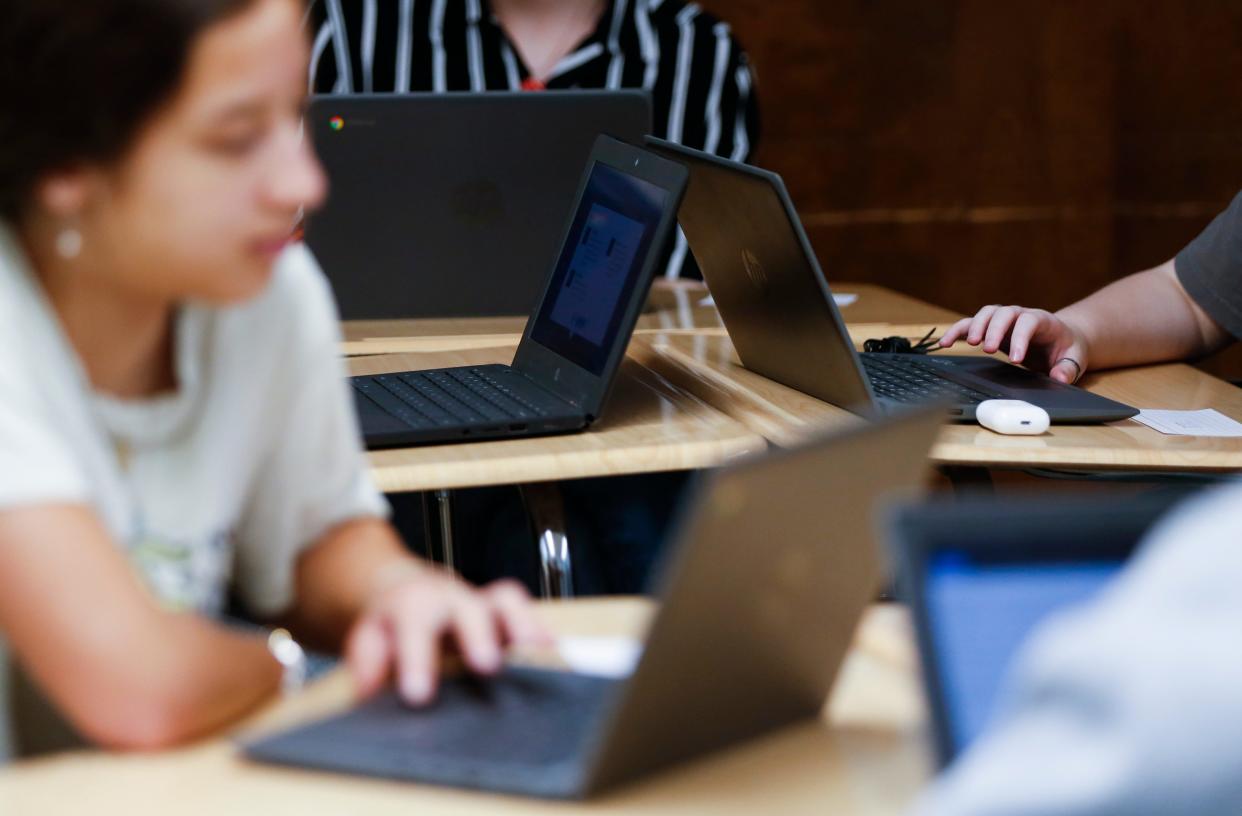
A plan to better regulate technology use in Springfield classrooms was presented Tuesday but not all school board members felt it went far enough.
The plan, the result of months of committee work, seeks to limit how much technology can be used during a school day — 20% of the time in elementary and 30% in middle and high school.
It calls for only high school students to regularly take home district-issued devices.
The district wants to implement "best practices" for digital use, hire a pair of staffers to better integrate technology in the classrooms and give kindergartners access to touchscreen Google Chromebooks, not iPads.
"We did have a time when there was far too much emphasis and time being spent on the device," said Nicole Holt, deputy superintendent of academics.
Holt said a 31-member committee started meeting in the fall to gather feedback, review state and national trends, and identify the "best practices" regarding technology use that made the most sense for Springfield.
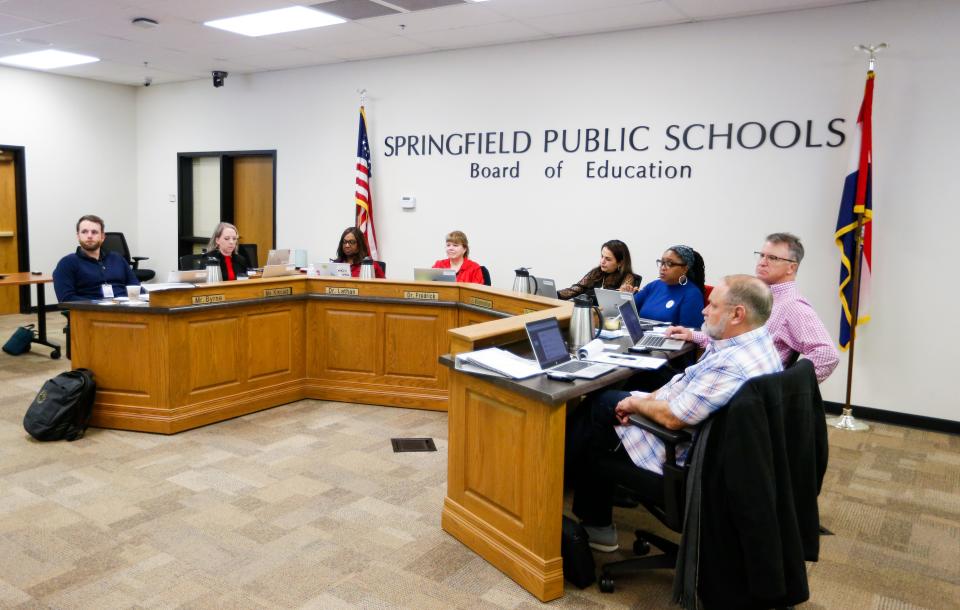
Lathan says goal is not to eliminate technology, but to avoid over-use
The Tuesday report to the board was the result of a months-long effort to review technology use in the district and a promise by Superintendent Grenita Lathan to recalibrate the district's heavy reliance on devices in teaching and learning during the global pandemic.
Lathan joined the district nearly two years ago. Her predecessor championed virtual learning, more digital teaching and learning resources, and putting a device in the hands of each student and teacher.
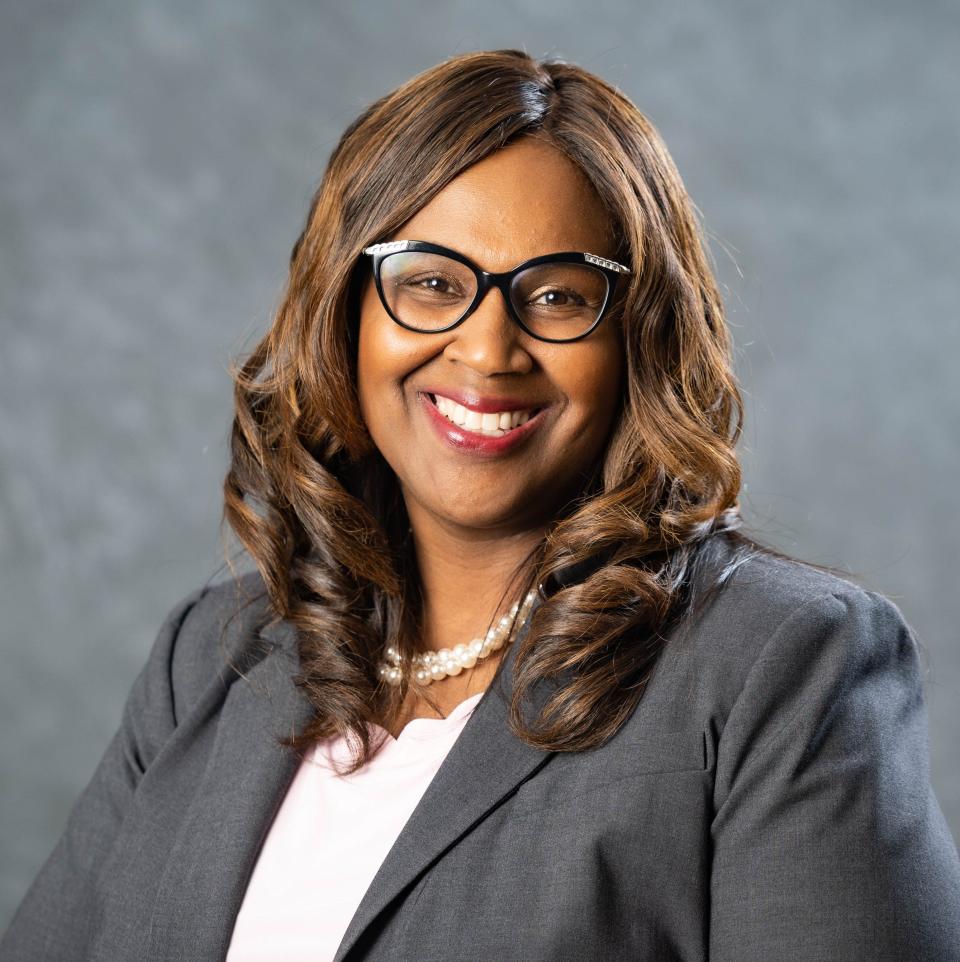
In spring 2022, Lathan announced plans to scale back the reliance on technology in teaching and learning. She said at that time, and again Tuesday, that technology will continue to be a tool used in classrooms but it will be balanced with other resources.
"We still utilize pen and paper or pencil and paper for various activities but students are going to still have access to technology," Lathan said.
She said the goal is to reduce technology after concerns about "over usage" in recent years — voiced by parents and by school board members, especially Maryam Mohammadkhani and Kelly Byrne.
Lathan said the goal is not to eliminate technology at any grade level. "It is about access and utilization."
State-mandated exams given in grades 3-12 are online. The district's internal assessment program, which starts in kindergarten, is taken online at the beginning, middle and end of the school year.
More:With extra help in place, homeless student count in SPS drops by half
Lathan said for that reason, technology needs to be introduced but "not use them all day long" in early grades. In elementary, they will be used primarily for practicing skills.
Under the plan, students in K-8 will access Chromebooks at school. Students in grades 9-12 will be assigned their own device, which they can take home.
The district stopped sending home devices in elementary school this year and will extend that to middle school. Byrne described that change as "fantastic."
Board debates technology brands, appropriate access
Board members on Tuesday questioned if Chromebooks, and the software platforms currently used in district devices, are the right choices.
They also explored ways the district can reduce its spending on technology beyond what savings were noted at the meeting.
Board member Steve Makoski called Chromebooks "outdated" and noted: "I am in the business community and we don't use Chromebooks at all."
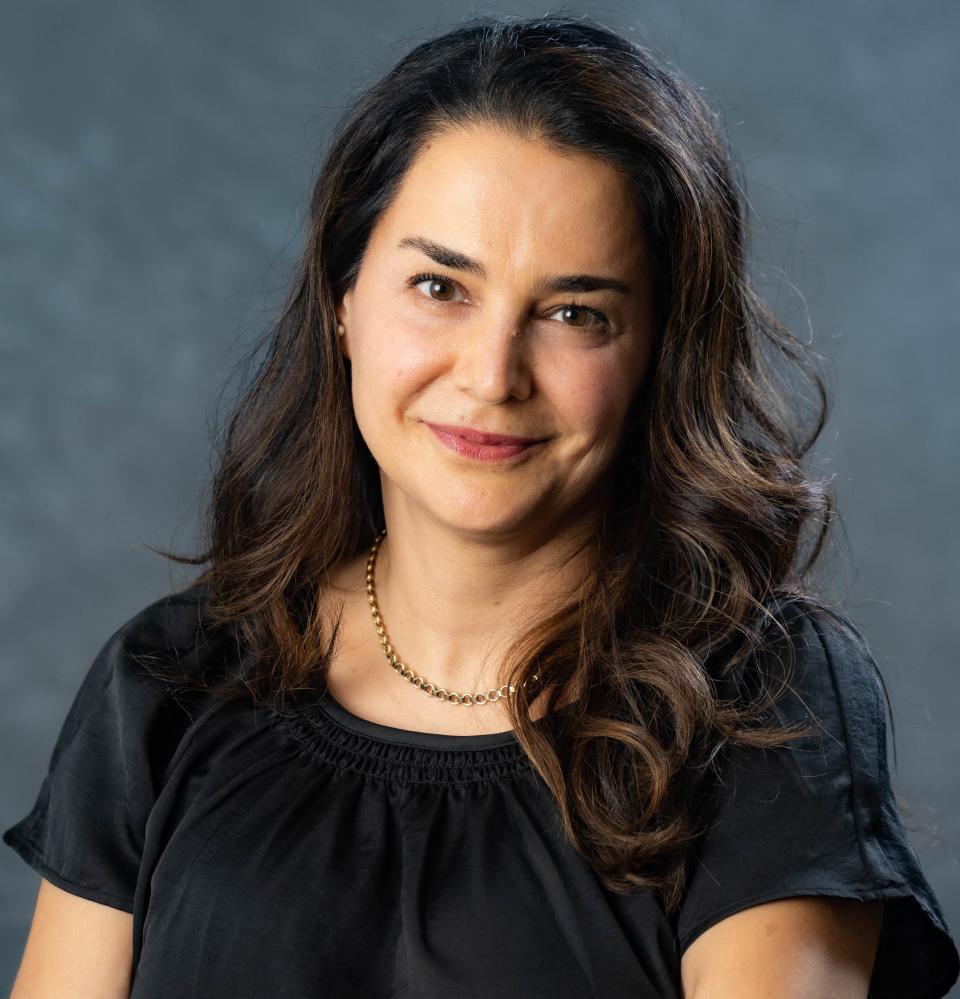
Mohammadkhani said many districts have moved away from the devices. They tend to be less expensive than other laptop options.
"Chromebooks was the biggest scam on K-12 because they were cheap ... and it was easier to implement, easier to purchase and it's gotten a foothold," she said.
She said it would be nice for students to have the option to "check out more sophisticated technology" with other software platforms better suited for specific courses.
Board member Danielle Kincaid said not all students have access to technology at home and suggested providing in-school access to students, even in early grades, is helpful so they are better prepared to take tests.
"A third-grader who has had access to technology is going to do just as well as a third-grader who has never held a device in their hand because their home doesn't have electronic devices?" she asked.
Mohammadkhani, who has repeatedly expressed concerns about the dangers of screen time for children, said "the right answer is no device" in kindergarten.
"I do not see assessments as a reason (to have a device), you can certainly print assessments," she said. "I'd like to see those funds being used for puzzles, supplies, more teachers, smaller classrooms and I categorically disagree with you that you need to have exposure to screens in pre-K-2 to be ready in third grade."
She added: "I don't see myself as being able to support any form of technology in pre-K, early childhood, kindergarten, first and second grade. I just don't think it's necessary for their success as graduates for the workplace or for college."
More:Unanimous vote as SPS board extends contract of Superintendent Grenita Lathan
The district is in the process of implementing upgraded digital citizenship standards into lessons. Mohammadkhani asked if, in the early grades, those lessons can be taught in computer labs instead of devices in classrooms.
As part of the report, the district provided the cost to refresh technology for different grade levels, charging carts and teacher training.
Byrne said he wants the requests broken out separately at the Feb. 28 meeting because he supports refreshing high school devices but not kindergarten.
"I don't think that should be on consent agenda. I would like to vote on that separately because I don't want to have to say no to the entire consent agenda," he said.
Board president Denise Fredrick said members of the governing body are not educators and have limited classroom experience.
"We are talking about some important decisions here that ... would limit our teachers' ability to do their job," she said. "If we should make a decision that we, this board, decide no technology for kindergartners then our kindergarten teachers would have to manage that. I'd like to hear from our experts in the classroom."
Board member Scott Crise wanted to know how the district will track technology usage to ensure it stays under the average daily time.
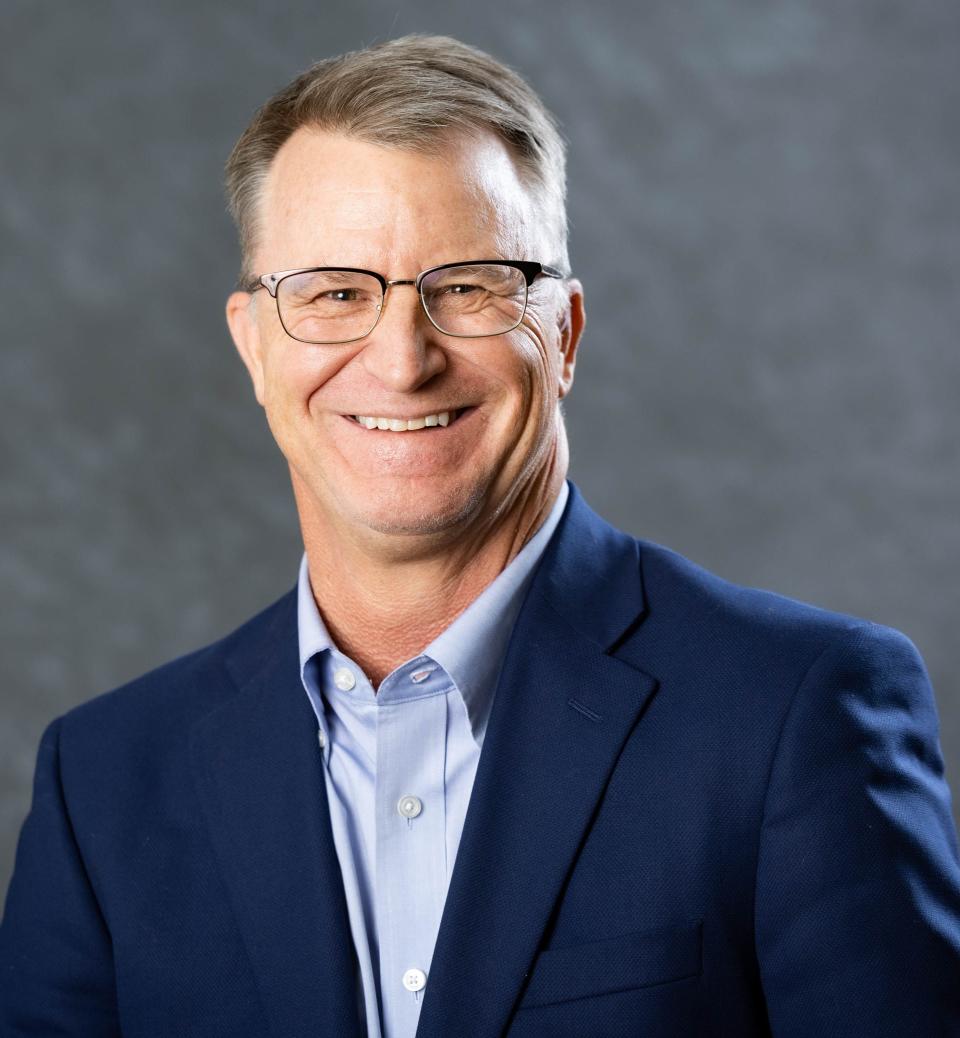
Lathan said it starts with setting expectations for the classroom and following up.
"Our teachers and principals have done a great job this year of truly paying attention to screen time and usage and ensuring there is more direct instruction, our classroom teacher is leading that," Lathan said.
District officials noted technology usage will be higher in specific types of classes than in others, especially in high school.
"As they move through 10th and 12th grade and they move into those specialty tracks, we want to make sure whether it's business, Project Lead the Way, the journalism classes, that is where they are going to get more and receive hands-on utilizing the various devices," Lathan said.
Claudette Riley covers education for the News-Leader. Email tips and story ideas to criley@news-leader.com.
This article originally appeared on Springfield News-Leader: SPS plans to scale back technology but some on board say not enough

